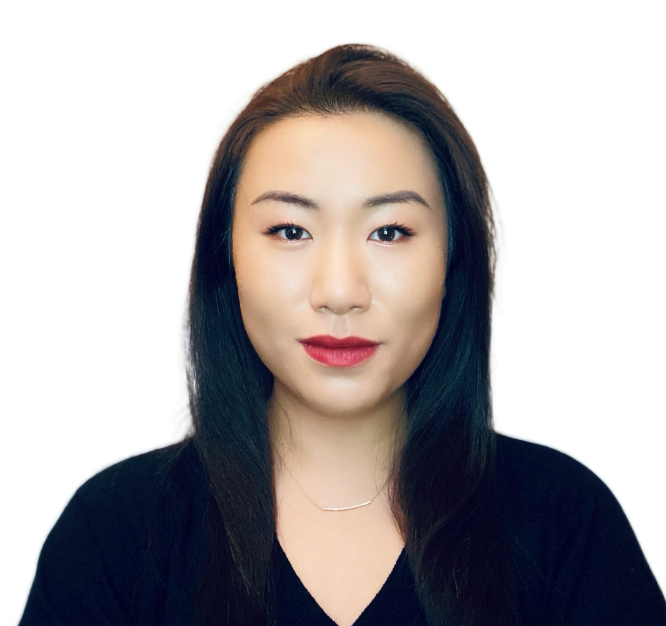By Lisa Wang ’23
As I reflect back on the past three years, the Judicial Process Clinic stands out as one of the most impactful experiences of my Harvard Law School career.

I came into law school with a healthy amount of skepticism for the legal system, after this country’s tumultuous last few years. Above all, I had a larger-than-life conception of judges, thinking they were indifferent experts preaching an amoral adherence to the law. This wasn’t what I thought judges should be; this wasn’t how I thought a legal system should operate. But another side of me wanted these assumptions to be proven wrong.
I was matched with Judge Catherine H. Ham in the Suffolk Superior Court. For most of the semester, she was sitting in the criminal motions session. I saw bail motions, evidentiary hearings, jury selection, opening statements, witness testimony, and more. And to my surprise, I saw judges again and again display kindness, fairness, and compassion—something that reading appellate opinions in my other classes did not teach me. In the Judicial Process Seminar, we read critiques of the jury system and of the criminal justice system and heard from incredible guest speakers who were pioneering new forms of justice.
I came to realize that so many of the judges I came across this semester, whether in Superior Court or in the classroom, sought to make their courtrooms a better, fairer place. The way they pursued justice and exercised their discretion so often reflected the way I imagined an ideal judge would act.
Judge Ham reflected this not only in the way she carried herself in the courtroom, always extending respect and humility to not only the lawyers but also the parties, but also in her chambers. Through the Clinic I was given the opportunity to build a valuable connection with a judge, something I didn’t think I would be able to do in law school. Throughout our semester together, Judge Ham demonstrated a level of expertise over the law I can only hope to emulate in my future. But more importantly, the way she connected with those in her courtroom, from lawyers and parties to court clerks and personnel, reminded me that the legal profession is first and foremost about people and the relationships we foster.
It also cannot be understated how important it was for me that the Clinic matched me with an Asian American woman. From experience, I’ve seen very few Asian American litigators and fewer judges. At the time Judge Ham went through law school and started her career, the number was even lower. But she still made it. As I sit a few weeks out from graduation, looking forward to Michelle Yeoh’s speech, I remain infinitely grateful that I was given the opportunity to work with someone at the top of her field who looks like me. It shouldn’t be this rare, but it is. I can only imagine the countless other students Judge Ham has inspired, and hope that as I embark on my career I, too, can be a Judge Ham to someone else.
I’m not leaving law school thinking that all judges are good judges, or that our legal system is the epitome of justice. But my time in the Judicial Process Clinic taught me that there is good to be found—you just have to know where to look, and create it where there is none.
Filed in: Clinical Student Voices
Tags: Class of 2023, Judicial Process in Trial Courts Clinic
Contact Office of Clinical and Pro Bono Programs
Website:
hls.harvard.edu/clinics
Email:
clinical@law.harvard.edu